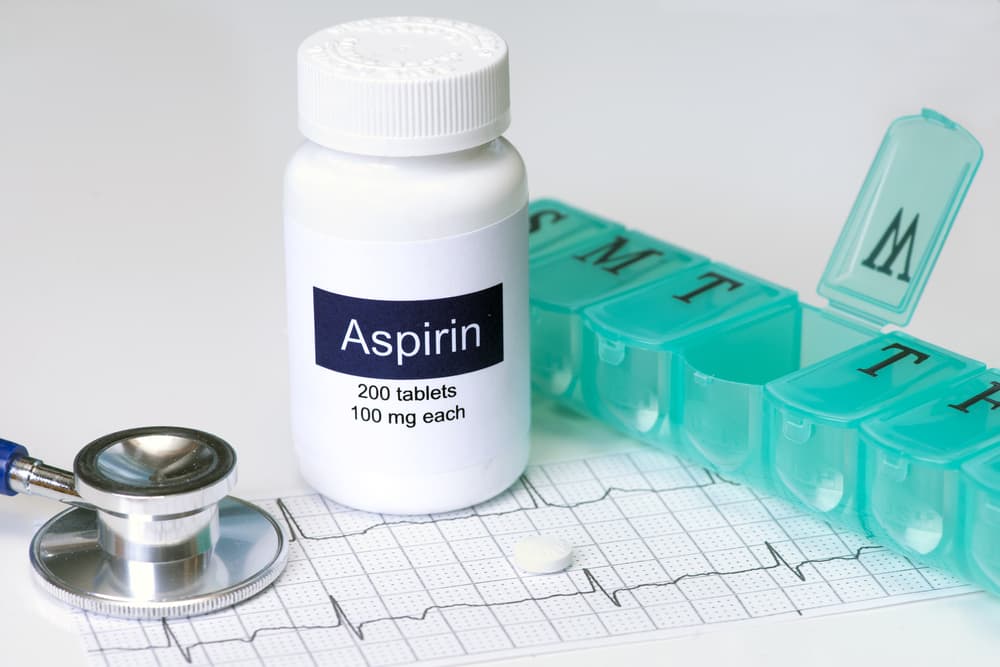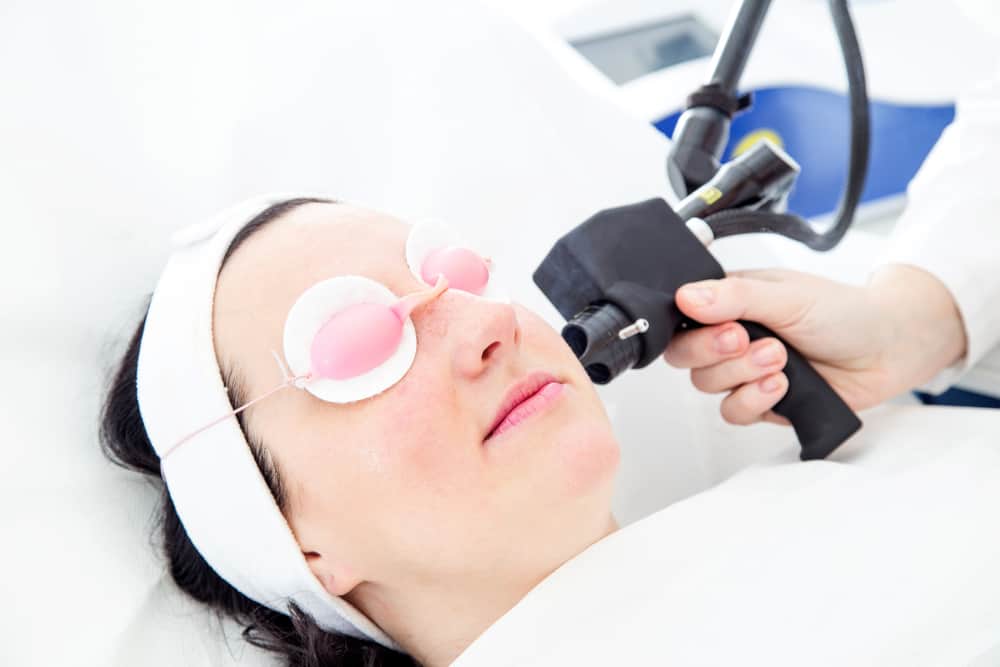Contents:
- Medical Video: Aspirin Can Cause Internal Bleeding- Doctor's Health Warning
- A story: 10 years of searching without clarity, what disease is this?
- What is aspirin or AERD Respiratory Disease?
- What medications can trigger this disease other than aspirin?
- How how to overcome AERD?
Medical Video: Aspirin Can Cause Internal Bleeding- Doctor's Health Warning
Aspirin is a drug that is well known since our great-grandmother's time, often used to reduce pain, reduce fever, and is now widely used as a deterrent to blood clots in people with heart disease (as anti-platelets). But who would have thought that this beneficial drug could cause a dangerous respiratory reaction, which doctors often have difficulty diagnosing this disease? Learn more about the disease of respiratory aspirin oraspirin-exacerbated respiratory disease (AERD).
A story: 10 years of searching without clarity, what disease is this?
Allison Fite is a girl who complains of sinusitis that doesn't heal. He complained about asthma, loss of sensory smell and taste. He also could not enjoy the party with his friends because when he drank alcohol, even though he had a little, he had an extraordinary headache.
Various doctors have been found, when treated with an allergy specialist and tested for allergies, the results are negative. "You have no allergies," said the doctor,
Then polyps appear on his nose. The first operation was done at the age of 20 years, then the age of 25 years the second operation was carried out because polyps appeared again. And worse, after 8 weeks of surgery, the polyp reappears.
Until one day Fite's mother found a page on a website that discussed clinical presentations, just as Fite had experienced: asthma, nasal polyps, and another that was not realized was a false allergic reaction to aspirin. And no doubt, the doctor at the time dealing with Fite's disease was aspirin-exacerbated respiratory disease (AERD) or aspirin seizures.
Ten years suffering from a disease that was not understood, finally this test was carried out. The doctor gave him one fifth of an aspirin tablet, only to see what would happen. And guess what happened 45 minutes later on Fite?
Fite had a cough, sweating, blood pressure weakened, until finally, "Ok, you have AERD disease," said the doctor.
What is aspirin or AERD Respiratory Disease?
AERD or also known as Samter's Triad is a chronic medical condition characterized by the following conditions:
- asthma
- sinus disease in the presence of recurrent polyps
- pseudoalergic reactions to aspirin or other NSAID drugs
Nasal polyps usually regrow quickly after surgery. This reaction is said to be pseudoalergy because it does not involve the formation of IgE as happens in a true allergic reaction. About 10-20% of adult patients with asthma and 30-40% of patients with asthma and nasal polyps suffer from AERD. Women report more of this disease than men.
If a person is tested positive for AERD, then after ingesting aspirin or other NSAIDs, he or she will experience the following symptoms in 30 minutes to 3 hours later:
- nasal symptoms such as congestion and runny nose
- eye symptoms such as swelling around the eyes and conjunctivitis (reddened eyes)
- asthma symptoms such as wheezing, shortness of breath, coughing, and tightness in the chest.
More severe reactions that can arise are facial erythema, laryngospasm (short seizures experienced by vocal cords and cause difficulty speaking or breathing temporarily), abdominal cramps, epigastric pain, and hypotension.
What medications can trigger this disease other than aspirin?
Aspirin is just one of the causes of AERD, and there are still a number of other drugs that can trigger similar diseases namely NSAIDs (non-steroidal anti-inflammatory drug) selective COX-1 (cyclooxygenase 1).
Drugs that include COX-1 selective NSAIDs include pyroxicam, endomethacin, sulacid, tolmetin, ibuprofen, naproxen, phenoprofen, oxaprozine, mefenamic acid, flurbiprofen, diflunisal, ketoprofen, diclofenac, ketorolac, etodolak, and nabutemon. Because AERD is not only caused by aspirin, the collection of experts under EAACI / WAO has now named it NERD (non-steroidal anti-inflammatory drugs-exacerbated respiratory disease).
AERD sufferers are recommended to avoid the above drugs, but under certain conditions when needing pain relief, AERD sufferers can use:
- paracetamol and salsalat
- celecoxib
How how to overcome AERD?
Avoiding aspirin and selective COX-1 NSAIDs is the best way to avoid symptoms in AERD patients, but if this is not possible, the recommended solution is to do desensitization.
Desensitization means giving aspirin at a certain dose followed by giving aspirin every day to maintain the level of desensitization. Many considerations for determining the right dosage for desensitization, and to do this you need to visit an immunologist allergist.












